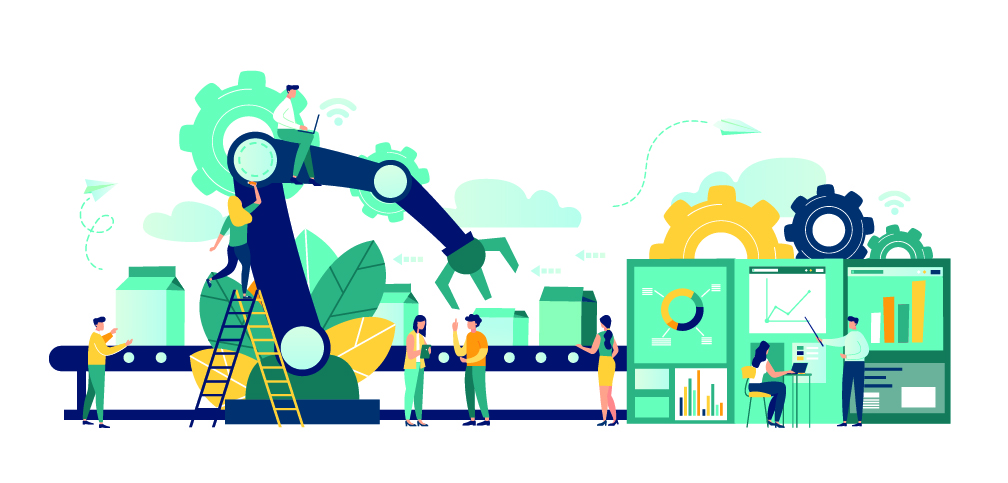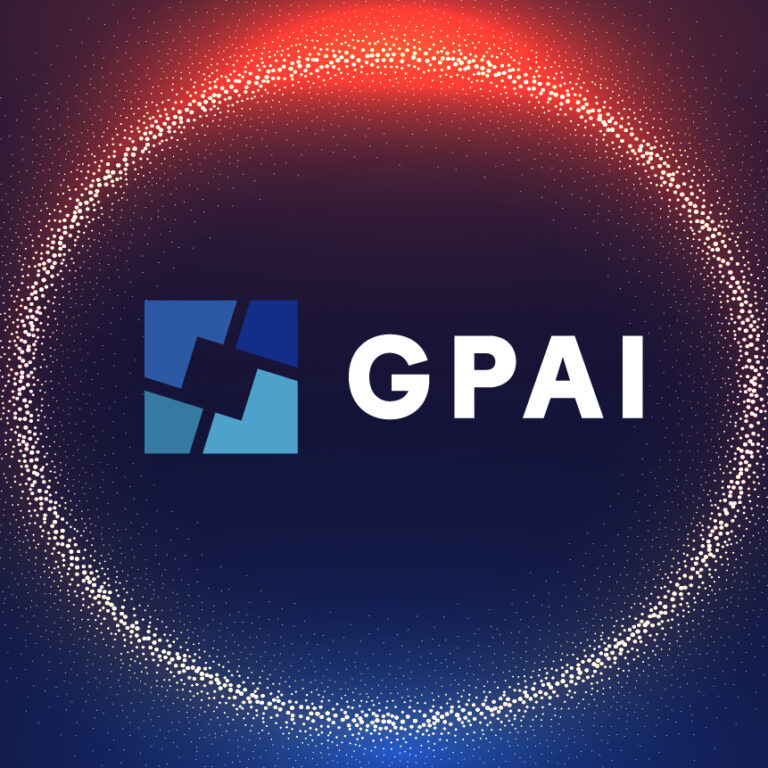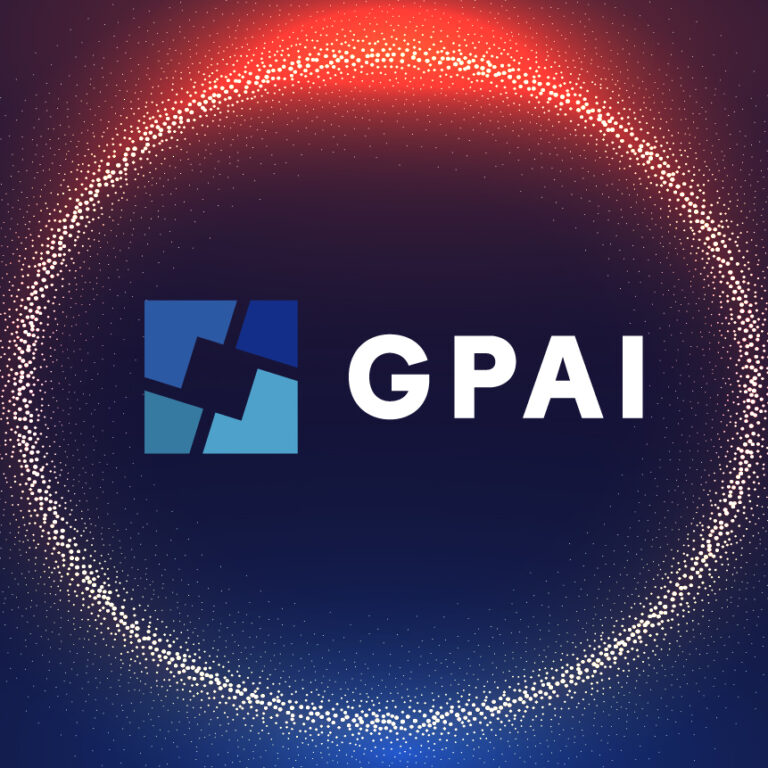A Living Lab to improve our understanding of the challenges that tomorrow’s AI may pose to the world of work
The experts at GPAI are currently in the process of setting up a virtual laboratory to facilitate experience sharing between companies and individuals.
“Right now, we’re only seeing the very earliest signs of the changes that will result from artificial intelligence and its impact on working practices”, says Yuko Harayama, Director of International Affairs at Riken, and co-chair of the Future of Work project at GPAI. “But that shouldn’t stop us thinking about the future today”. So to improve our understanding of tomorrow’s working practices, the GPAI working group suggested creating a Living Lab; a virtual laboratory that provides the space for a co-creation ecosystem focused on people-centric research and innovation.
Expected to take shape next year, this project will be plugged into a national network of physical Living Labs. “Our lab will provide the space to share experiences as the basis for assessing the impact of AI on individuals and businesses, and give both groups the opportunity to discover information about the most efficient way of implementing artificial intelligence and to conduct virtual experiments to assess its impact more accurately”, continues the co-chair. In next year’s first phase, this laboratory will take the form of a website, complete with search and a range of content, including real-life case studies (or links to them) taken from the AI in the Workplace observation platform, another project the expert group members are currently working on.
Future phases include the creation of chatbots and a library of videos and resources for learning and training. A repository of academic publications, national reports and a directory of initiatives around the future of work in GPAI member countries will complete the range of resources: “More than just a source of information, we hope that the Living Lab will also be a source of inspiration for AI actors, and offer perspectives that examine the diversity of practices in different countries”, continues Yuko Harayama. By the end of 2023, the GPAI experts plan to have designed and developed a prototype interactive platform to host a collaborative working space with functionality that enables the formation of AI communities and provides online spaces that encourage and facilitate project collaboration.
The full development path also includes a plan to open the laboratory to external partners and private companies: “Our approaches are similar”, concludes Yuko Harayama. “Like us, these companies need to test their ideas, and the laboratory will be able to offer them that opportunity”.



